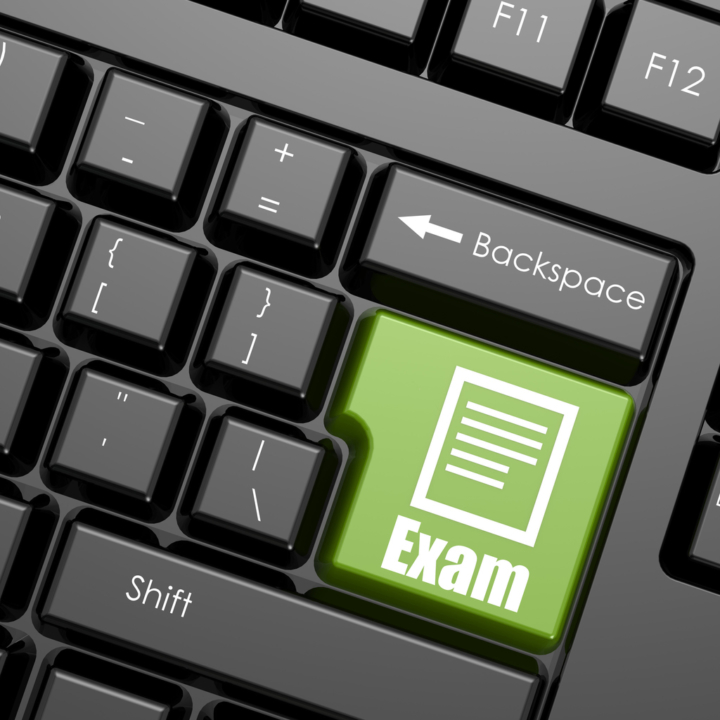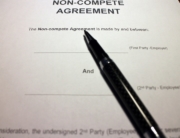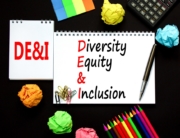One firm aiming to make the process easier is Glider AI, which recently took the top prize in a competition styled after the television show “Shark Tank.” The contest took place during Staffing Industry Analysts’ Collaboration in the Gig Economy conference held September in Phoenix.
Glider AI has five product lines, with assessments being the cornerstone of the platform.
“Assessments are at the forefront because they help organizations figure out the quality level of the talent way upstream so they are not wasting their time,” CEO Satish Kumar says.
The company notes it’s on a mission to make hiring fair and opportunity accessible
Glider AI’s virtual assessments use AI to test candidates across technical and nontechnical skills based on clients’ needs. And the firm monitors for any fraud in the assessment process.
The “Shark Tank”-styled competition at SIA’s 2021 Collaboration in the Gig Economy event featured four finalists. Glider AI won the competition, while the audience choice award went to myBasePay, a provider of back-office solutions for staffing firms.
The two other finalists presenting were Mothership, a talent platform that matches vetted freelancers who have worked for the world’s biggest brands to client companies, and WillHire, a provider of direct-sourcing solutions.
The company has seen a 92% increase in attempted fraud from 2020 to 2021 with people trying to game assessments. This can include impersonation, using multiple screens or seeking outside help during the assessment process.
Glider AI’s system has more than 50 checkpoints to ensure the candidates are being evaluated without attempts to game the assessments. Using webcam video and screen shots, the system monitors for things like copying and pasting from the internet, suspicious eye movement and whether somebody else is in the room. Clients receive a summary report on candidates so they know exactly what happened during an assessment.
“Unless you have the smoking gun evidence in the final report, you’re not that confident whether the candidate took the test genuinely, somebody else took it on the candidate’s behalf or they used some other unfair means,” Kumar says.
Boosting DE&I. In addition, Kumar says machine assessments are a plus when it comes to diversity, equity and inclusion.
“DE&I is now a very critical part of the enterprise mandate and assessments are a key solution to remove the inherent bias from the interview process,” he says. Candidates are shortlisted based only on their ability to perform a task, no other criteria.
Glider AI caught the attention of the judges among the other three finalist firms competing at the Shark Tank awards.
Shark Tank Judge Art Papas, founder and CEO of staffing software provider Bullhorn, was among those who noted the person taking a test isn’t always the same one who shows up for a job. Other Shark Tank judges were Allison Robinson, CEO and founder of The Mom Project, and John Healy, VP, blockchain task force chair, World Employment Confederation, and chief executive at Whrrr.
In addition to assessment, Glider AI’s has four other products to help enterprises, MSPs and staffing firms remove the guesswork from hiring. The company’s offerings help validate a candidate’s competency and fit, while scaling hiring across different roles and industries.
Glider AI works with hiring managers and program teams to calibrate the assessments and set the benchmarks. Then a standardized process can be used across all suppliers. Staffing firms can also work directly with Glider AI to develop their own assessments.







